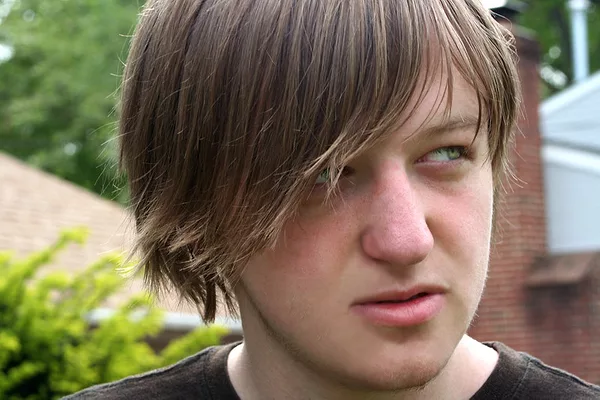Azithromycin for Acute-Onset Obsessive-Compulsive Disorder in Children
Thomas Jordan, MD
Dr. Jordan has disclosed that he has no relevant financial or other interests in any commercial companies pertaining to this educational activity.
Read More


 Fred Volkmar, MD
Professor of psychology at the Yale Child Study Center, New Haven, CT
Dr. Volkmar has disclosed that he is an editor for Springer Publishing. Dr. Elliott has reviewed this article and found no evidence of bias in this educational activity.
Fred Volkmar, MD
Professor of psychology at the Yale Child Study Center, New Haven, CT
Dr. Volkmar has disclosed that he is an editor for Springer Publishing. Dr. Elliott has reviewed this article and found no evidence of bias in this educational activity.



_-The-Breakthrough-Antipsychotic-That-Could-Change-Everything.webp?t=1729528747)



